Resources for International Students
Work Authorization Questions for International Students
Many companies will ask two work authorization-related questions of all applicants for a position:
- Do you have authorization to work in the U.S.?
- Will you require visa sponsorship to continue working in the United States in the future?
Difference Between “Work Authorization” and “Sponsorship”
- U.S. work authorization: the permission to work in the U.S. For F-1 students, U.S. work authorization most commonly looks like an approved segment of OPT or CPT for off-campus employment. (F-1 students inherently have on-campus work authorization at the institution where they are enrolled.)
- Visa sponsorship: Visa sponsorship is specific to certain immigrant and work visas. The H-1B work visa, for example, requires sponsorship by an employer. You may be curious to see which employers sponsor work visas as you are planning your long-term employment goals in the U.S. However, visa sponsorship should never be confused with CPT or OPT. There is no visa sponsorship required while in F-1 status, even on OPT or CPT.
How OPT/CPT operate as “Work Authorization” and not “Sponsorship”
- Optional Practical Training (OPT) and Curricular Practical Training (CPT) are both forms of U.S. work authorization. If you currently have OPT/CPT, or if you will have OPT/CPT at the time of employment, you should have the U.S. work authorization needed to engage in the job.
- OPT and CPT do not require “sponsorship.” Sponsorship is required for work visas such as an H-1B. While it may be helpful to see which employers are receptive to visa sponsorship when planning long term, you will never need “sponsorship” while on OPT or CPT.
- International Student FAQ: Seeking Internships & Jobs in the U.S.: Discussion of strategies for seeking and obtaining opportunities in the U.S., including: 1) How to determine whether certain employers hire international students in Quest and other resources 2) How and when to discuss your work authorization status with employers, and 3) How to highlight the positive aspects of your internationalism in your applications.
Connecting With Alumni
Amherst College alumni are a wonderful resource for international students, and you should make it a priority to connect with alumni during your four years as a student. They can offer information on career fields you are considering, advice on how to make the best of your Amherst College experience, and tips on finding opportunities. If you develop a positive, strong relationship with alumni, they may even be willing to advocate on your behalf for certain opportunities that might otherwise be difficult to obtain as international students.
Read the handout Connecting with Alumni or meet with a career advisor to discuss networking before you reach out.
ADVICE FROM INTERNATIONAL ALUMNI
In 2013, the Loeb Center surveyed some recent alumni who were international students at Amherst in order to learn more about their experiences in the job search process. Read their responses to questions like:
- How have potential employers responded to your status as an international applicant?
- What skills and experiences do you offer that set you apart from American employees?
- What is the most important piece of advice about the U.S. job search that you have for current international students?
Where to Turn to for Additional Help at Amherst
- Loeb Center
Micah Owino, Program Director, Careers in Social Impact
For questions about navigating your job search and finding career support as an international student.
Hanna Bliss, Director
For questions about F-1 status, including OPT, CPT, and other F-1 work authorization-related questions.
David Ko, Director
For questions about the international student community and experiences at Amherst College.
- Dan Berger, Immigration Attorney at Curran & Berger, LLC
For more complicated immigration matters or for assistance explaining various forms of work authorization to your potential employer. - Opportunities for International Students: List of fellowships and other opportunities for which international students are eligible.
- 2017 List of Top 200 Employers for OPT
